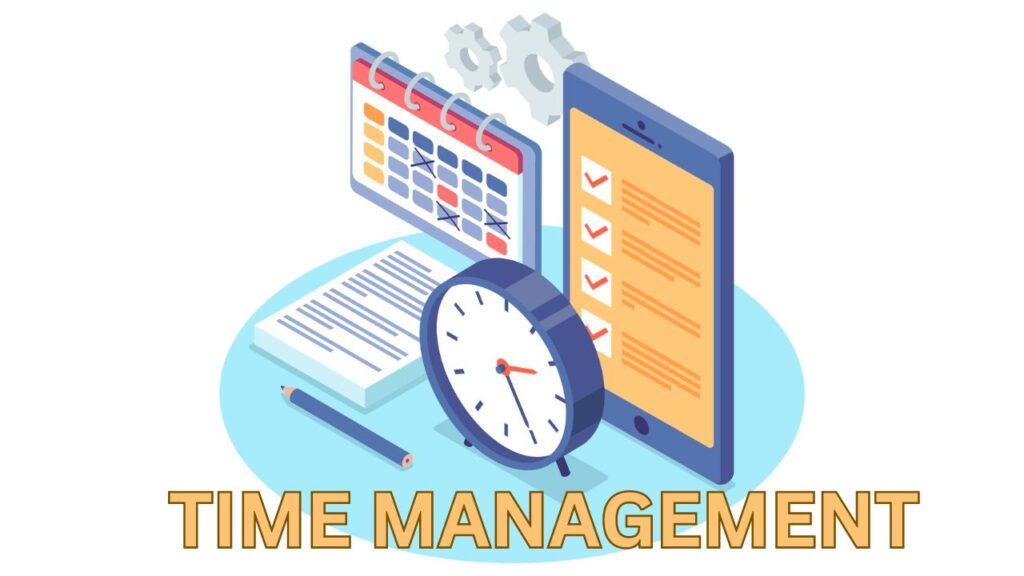Financial stability is a prized goal for individuals and families alike. Whether you are saving for a dream vacation, buying a new home, or planning for retirement, effective money management is the key to unlocking your financial potential. Yet, the path to financial success can be fraught with pitfalls, uncertainties, and the occasional financial storm. Money management is not just about crunching numbers and cutting back on expenses. It is a holistic approach to handling your finances, encompassing everything from budgeting to investing wisely and building a secure financial future. No matter where you are on your financial journey, understanding and implementing money management strategies can make a significant difference in your financial health and well-being.
In this article, we will discuss the world of money management, offering you a roadmap to navigate the turbulent waters of personal finance. We will explore time-tested techniques, actionable tips, and innovative methods that can empower you to take charge of your financial destiny. Whether you’re a budgeting novice or an investment expert, there is something valuable for everyone in our exploration of proven strategies for money management.
Jump to Section:
ToggleWhat is Money Management?
Money management is the process of effectively managing, budgeting, investing, and controlling one’s financial resources to achieve specific financial goals while ensuring financial stability and security. It involves making informed decisions about how to earn, spend, save, invest, and protect your money. Effective money management is crucial for achieving financial success and maintaining a comfortable and secure financial future.
Why Money Management Matters
Money management is of paramount importance in individuals’ lives for several compelling reasons. Firstly, it provides a sense of financial security and stability. By establishing a well-structured budget and saving regularly, one can ensure that there is a financial safety net in place to handle unexpected expenses, emergencies, or economic downturns. This safety net serves as a cushion against financial hardships and minimizes the stress and anxiety associated with unexpected financial setbacks. Furthermore, sound money management allows individuals to be more proactive and in control of their financial circumstances, reducing the risk of falling into a cycle of debt or living paycheck to paycheck.
Secondly, effective money management is the key to achieving one’s financial goals and aspirations. Whether it is buying a home, starting a business, funding education, or planning for retirement, these milestones require financial resources. By budgeting, saving, and investing wisely, individuals can work towards these objectives and make their dreams a reality. Money management also helps individuals make more informed investment decisions, ultimately growing their wealth over time and ensuring a comfortable retirement. Moreover, it instils a sense of financial discipline, promoting responsible financial behaviours that can lead to long-term financial success and the freedom to live life on one’s own terms.
Strategies for Effective Money Management







